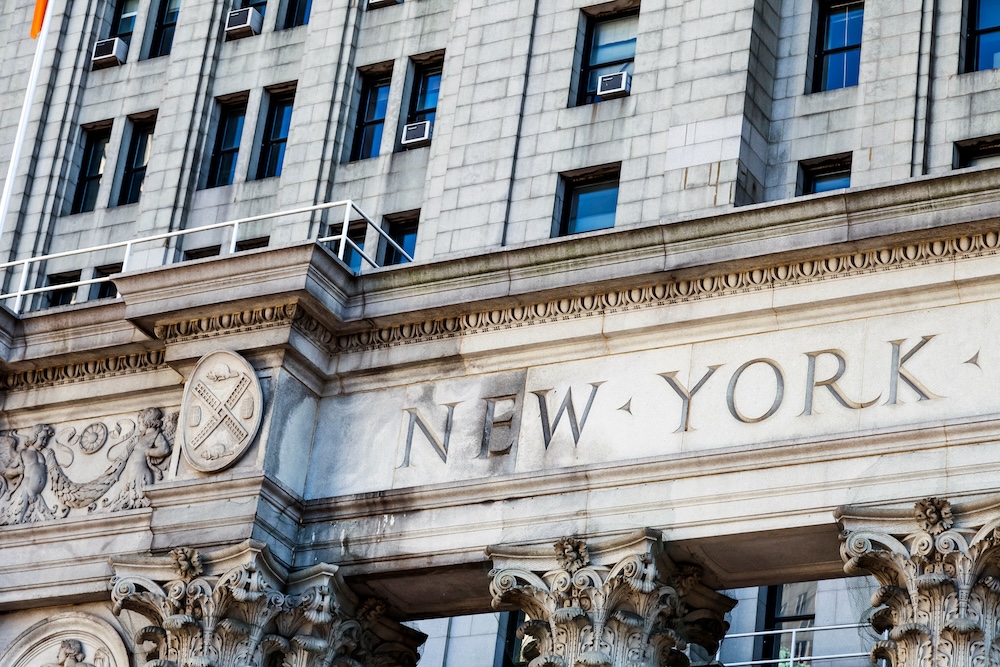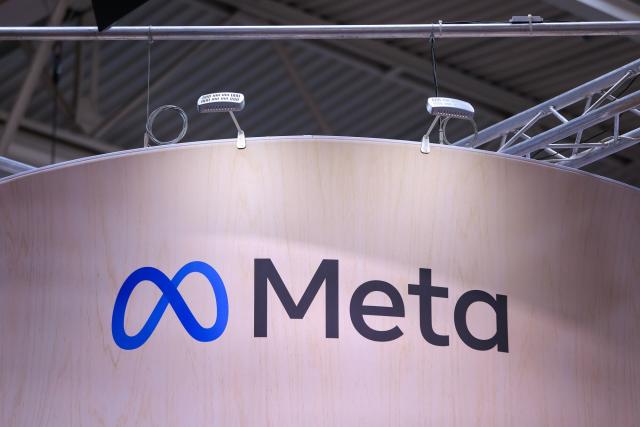The latest state to limit internet threats to minors is New York, which enacted legislation Friday banning social media platforms from showing “addictive” algorithmic content to under-18s without parental approval
On Friday, the New York Assembly also granted final legislative approval to a companion bill that limits the collection and sale of personal data from juvenile users by online platforms.
This approval was given one day after the state Senate approved both measures.
Governor Kathy Hochul is reportedly going to sign both into law.

She acknowledged that the two measures represent a “historic step forward in our efforts to address the youth mental health crisis and create a safer digital environment for young people.”
Meta Platform, a social media company that operates under the Facebook and Instagram platforms, may experience a decline in revenue.
According to a recent Harvard University study, which supports the cited legislation, the six most well-known social media platforms made $11 billion in advertising revenue from children in 2022.
The sponsors of the legislation also reference studies that establish a correlation between excessive social media use by adolescents and increased rates of depression, anxiety, sleep disorders, and other mental health issues.
NetChoice, the industry association, denounced the legislation in a statement, describing it as an “assault on free speech and the open internet,” requiring websites to censor all content unless visitors provide an ID to verify their age.
The organization asserted that it had successfully challenged identical measures from three other states in court as unconstitutional.
According to a spokesperson for the governor, the law does not censor a website’s content. It allows for using one or more age-verification methods that preserve the user’s anonymity.
Mark Zuckerberg, the founder and CEO of Facebook, expressed some support for the measure through his company, Meta.

“While we don’t agree with every aspect of these bills, we welcome New York becoming the first state to pass legislation recognizing the responsibility of app stores,” the organization stated in a press release.
Social media users under the age of 18 are required to obtain parental consent to view “addictive” feeds, as outlined in the SAFE (Stop Addictive Feeds Exploitation) for Kids Act.
This is typically defined as content delivered by algorithms intended to maintain their engagement with a platform for an extended period despite the accounts not being followed or subscribed to.
Instead, young people on social media might see a chronological feed of posts from users they already follow or from generally popular content, much like how social media feeds worked before the introduction of “addictive” algorithms, according to sponsors.
While non-addictive algorithms are still permitted for search functions or filtering unwanted or obscene content, young users can still search for specific topics of interest, communicate with friends, and join online groups without a parent’s consent.
The legislation would apply to platforms that primarily feature user-generated content and material recommended to users based on the data they provide, as indicated in a bill summary from the New York attorney general.
The summary, which includes Facebook, Instagram, TikTok, Twitter, and Alphabet Inc. YouTube is among the platforms likely to be included in the measure.
The New York Child Data Protection Act, the companion measure, would prohibit all online sites from collecting, using, sharing, or selling personal data of individuals under the age of 18 unless they obtain “informed consent” or unless the collection and sharing of such data is strictly necessary for the site’s purpose.
Informed consent would be required from a guardian for users under 13.
Civil damages or penalties of up to $5,000 per violation may be assessed against violators.
Utah was the first U.S. state to enact legislation restricting children’s social media access in March 2023. Subsequently, Arkansas, Louisiana, Ohio, Texas, and Florida followed suit.



